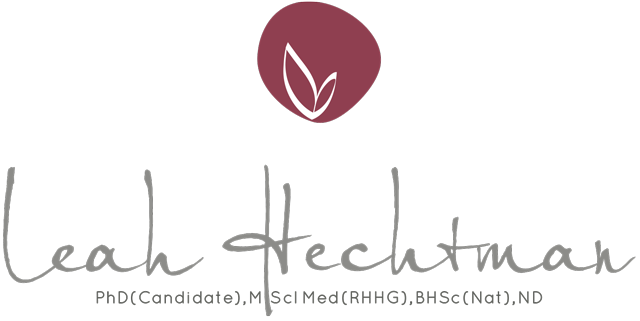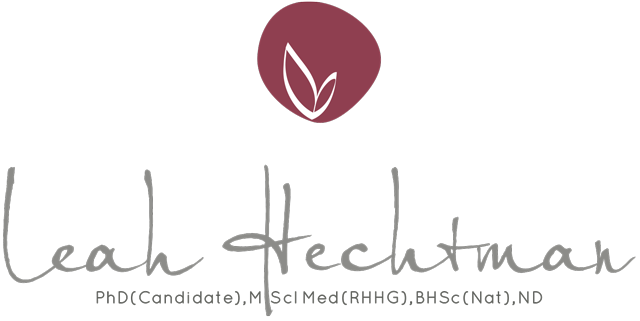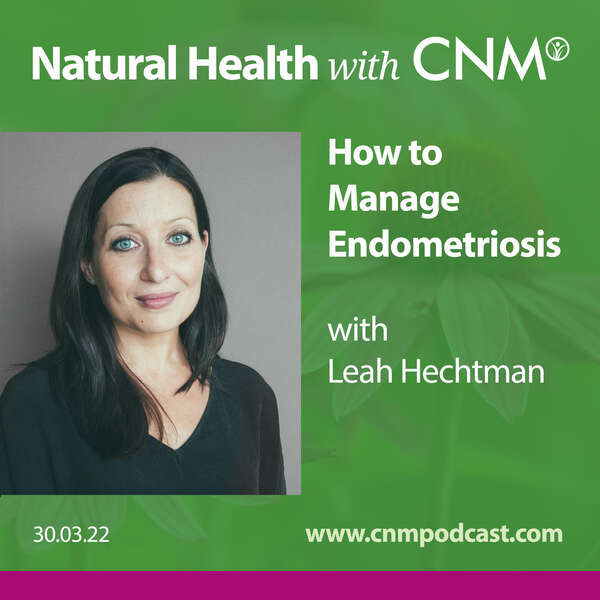The vicious cycle of insomnia is absolutely awful. If you’re lucky enough to finally fall asleep you may unfortunately be the sufferer of something called ‘dysomnia’ which indicates frequent waking throughout the night. Insomnia is often the end stage of longstanding exhaustion and stress, and indicates that the body needs repair. Sleep is such a beautiful period of our day as it enables us to repair, restore, rejuvenate and start afresh the following day. Without sleep our brains cannot sufficiently process information as our subconscious filters through everything during sleep. Of importance is to ensure that you sleep enough during the night as researchers have found that catch up sleep during the day, or insufficient light exposure can significantly affect your health.
The first priority is to establish a regular sleeping routine to reset the body clock (otherwise known as the circadian rhythm). Ensuring that you literally force yourself to wake up at the same time each day (preferably at sunrise) will promote regulation of your sleep-wake cycle. Sunlight helps the body’s production of melatonin (the hormone responsible for regulating this cycle). So even though it is hard at first, get up at sunrise, get outdoors and go for a walk!
From a dietary perspective, avoid foods that contain the amino acid tyramine, such as citrus fruits, red wine, cheese and chocolate, as well as alcohol, caffeine and tobacco as it triggers the release of adrenalin/noradrenalin and perpetuates your ability to ‘keep going’ and stay awake. Foods rich in the amino acid tryptophan, such as turkey and tuna will help induce sleep.
Supplementation of B vitamins during the day can keep your energy levels up and magnesium at night can help you relax to further assist in the regulation of this cycle. Useful herbal remedies include chamomile, valerian, passionflower, oats and lemon balm can also provide benefit.







